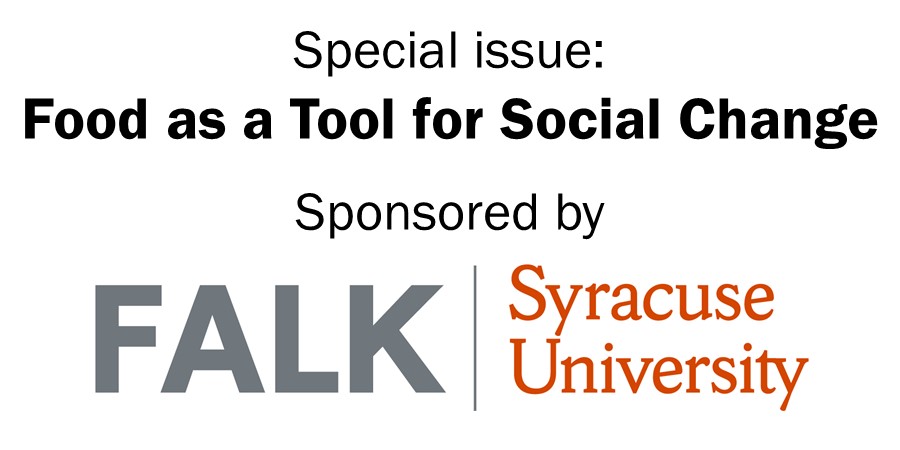Recipes for resistance
Practical applications of restorative food justice in New Haven, Connecticut
DOI:
https://doi.org/10.5304/jafscd.2021.104.025
Keywords:
Food Justice, Restorative Justice, Food Insecurity, Racial Inequity, Incarceration, Cultural Sustainability, Livable WageAbstract
In the United States, many people of color recently released from prison are likely to be food insecure. The intersections between race, food security, and release from prison are starting to be recognized. However, food justice should be informed by the perspectives and work being done by returning citizens and people of color. With the help of EMERGE CT, a transitional employment social enterprise for returning citizens in New Haven, Connecticut, I collected food access survey data and narratives of crewmembers at EMERGE to explore these issues. I merged restorative justice and food justice frameworks into one framework to develop an initiative that focuses on the availability of healthy, sustainable, and culturally appropriate food for returning citizens and addresses the social trauma that is perpetuated through both the food and prison systems. Further, I write about the importance of compensating food system leaders of color. I provide insight on the challenges in planning such a program. I discuss why we need to amplify the voices of returning citizens in food justice work. Lastly, I consider how these collaborative, cross-movement coalitions develop creative ways to re-envision equity.
Metrics

Downloads
Published
How to Cite
Issue
Section
Categories
License
Copyright (c) 2021 Cara Maria Santino

This work is licensed under a Creative Commons Attribution 4.0 International License.
The copyright to all content published in JAFSCD belongs to the author(s). It is licensed as CC BY 4.0. This license determines how you may reprint, copy, distribute, or otherwise share JAFSCD content.











